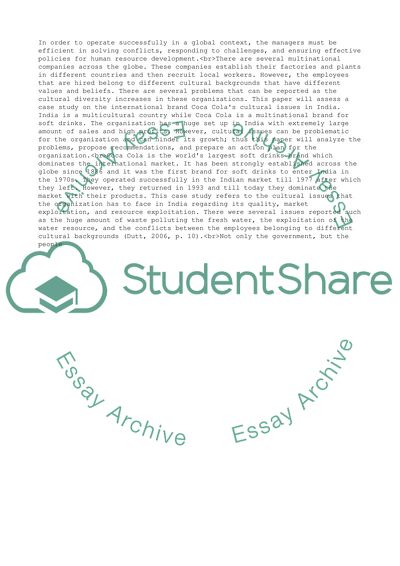Cite this document
(Global Talent Management Essay Example | Topics and Well Written Essays - 2500 words, n.d.)
Global Talent Management Essay Example | Topics and Well Written Essays - 2500 words. https://studentshare.org/human-resources/1834091-global-talent-management
Global Talent Management Essay Example | Topics and Well Written Essays - 2500 words. https://studentshare.org/human-resources/1834091-global-talent-management
(Global Talent Management Essay Example | Topics and Well Written Essays - 2500 Words)
Global Talent Management Essay Example | Topics and Well Written Essays - 2500 Words. https://studentshare.org/human-resources/1834091-global-talent-management.
Global Talent Management Essay Example | Topics and Well Written Essays - 2500 Words. https://studentshare.org/human-resources/1834091-global-talent-management.
“Global Talent Management Essay Example | Topics and Well Written Essays - 2500 Words”. https://studentshare.org/human-resources/1834091-global-talent-management.


